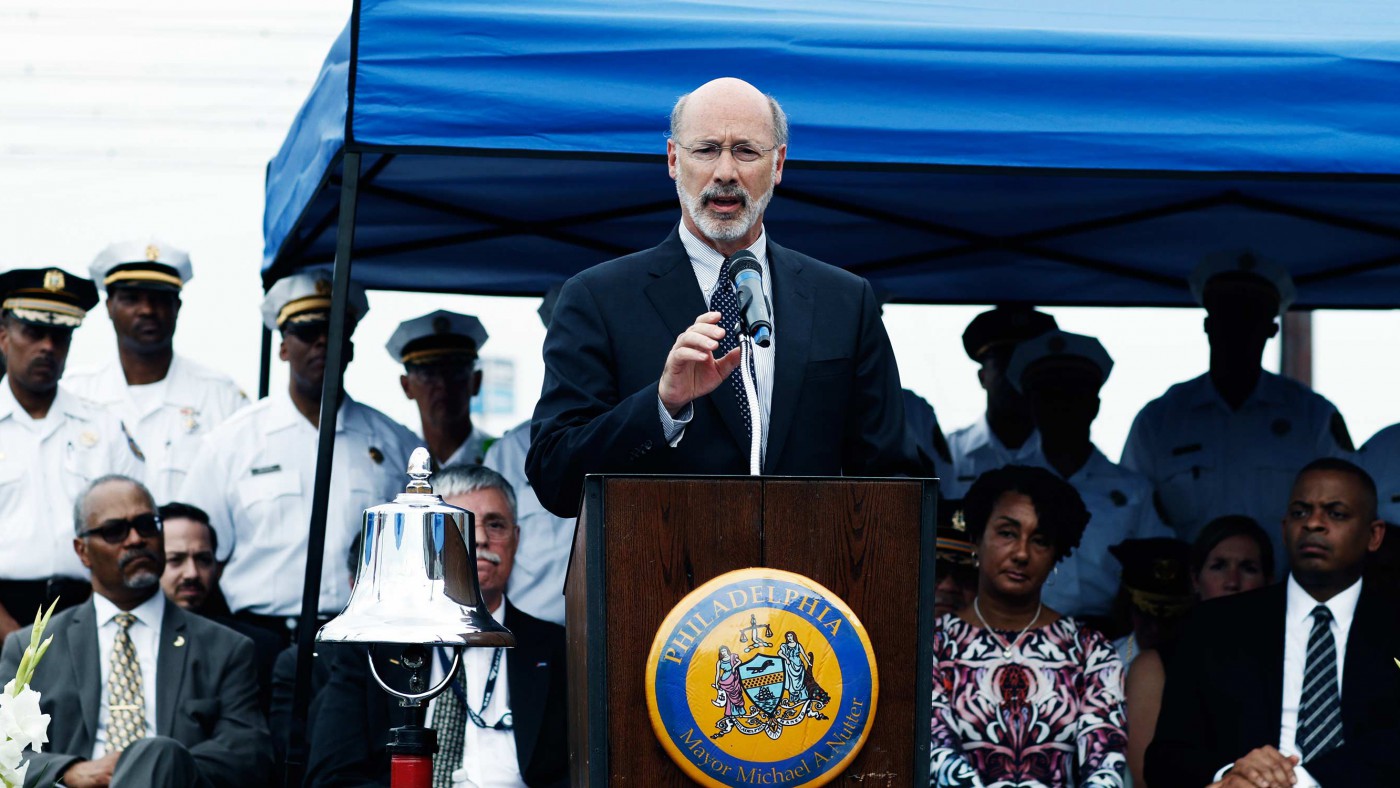Pennsylvania has been without a budget for over three months, and now Governor Wolf is is holding school funding hostage. The budget stalemate was caused by the governor’s proposed tax increase—the largest in the state’s history.
Governor Wolf claims that the tax increase is necessary to achieve a balanced budget. But opponents of the governor’s plan are right to object. A recently released report by the American Legislative Exchange Council has found that increasing taxes reduces charitable giving.
The report found that when all state taxes are considered, “a 1 percentage point increase in the total tax burden is associated with a 1.16 per cent drop in charitable giving per dollar of state income.”
This is the result of the subsequent reduction in personal income and economic growth, which results from increased taxes. There is also a crowding out effect, where individuals view increased taxes as a substitute for charity.
The last point is especially important, as it has larger implications for the future health of civil society.
People now expect the government to be responsible for much of the services once provided by local communities and charities, not least in the provision of welfare. This is not surprising, given the reduction civil society’s role over the last century.
But ceding responsibility to government is less effective, and it erodes social cohesion and personal responsibility.
As the report notes, private charities are typically more effective than government welfare programs. This is because they’re accountable to their donors, and are typically less bureaucratic than government departments. They can also help bring communities together.
Before people relied on the government to take care of distributing welfare, individuals came up with other means of providing for their own well-being, and helping the well-being of others. One way of doing this was through voluntary clubs and associations, which provided various benefits to their members; such as low cost health care, accident insurance, and unemployment benefits.
Taking the form of Friendly Societies in the United Kingdom, and Mutual Aid Societies here in the United States, these groups served as a source of welfare and aid. They were also locally based and served to strengthen community ties. The Freemasons are one of the few fraternal organizations that still remains, but even their significance has declined.
These important community and civil society institutions have been undermined and replaced by the rise of the welfare state—so comprehensively, that society seems to be collectively forgetting that alternatives to state planning ever existed. As one commentator bemoans, “private associations are vanishing from the story we tell ourselves about our country.”
People have come to instinctively fear that if the government doesn’t do something, it won’t be done. But America’s own history shows that people will still help and aid the members of their local communities, and their fellow citizens, without the welfare state. As ALEC’s report states, “individuals in states with high taxes donate less and individuals in states with lower taxes donate more.”
Governor Wolf’s proposed tax increase will reduce charitable giving and harm social cohesion. Wolf’s Republican opponents are right to oppose his plan. Pennsylvania should encourage a revival of civil society by cutting taxes, and reducing government’s role in the provision of welfare services.


